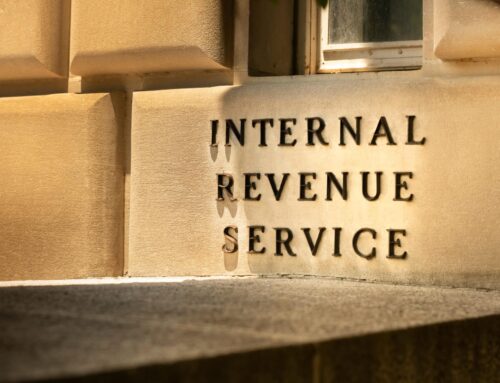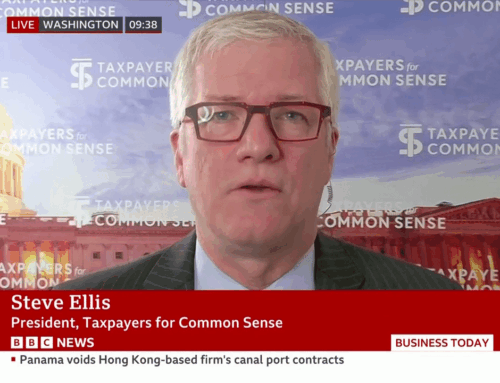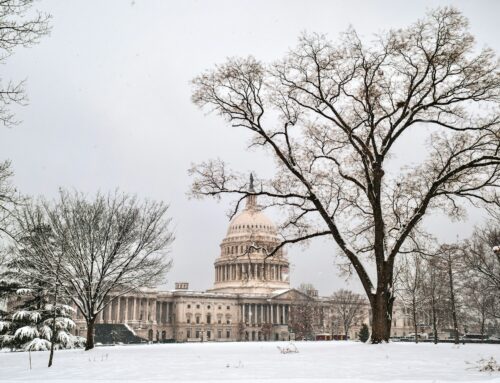The one thing almost everyone in Washington can agree on is that our tax code is too complicated and in need of an overhaul. It was almost 30 years ago that President Ronald Reagan and Congress embarked on comprehensive reform of the tax code and successfully reduced the number of deductions and brackets. In 1986, President Reagan joined with House Ways and Means Committee Chairman Dan Rostenkowski, D-Ill., and Senate Finance Committee Chairman Bob Packwood, R-Ore., in what today seems almost unthinkable: bipartisan agreement and enactment of thoughtful policy reform.
Like their predecessors, Congress and the president are going to have to keep their eyes on the ultimate goal of a simpler, fairer, more competitive code. And like in 1986, there are going to be some taxpayers who see their special carve outs disappear in the service of lowering rates, broadening the tax base and even reducing the federal debt – all desirable outcomes for people across the political spectrum.
Today's tax-writing committee chairmen, Rep. David Camp, R-Mich., and Sen. Max Baucus, D-Mont., laudably began their tax reform push with listening sessions and bold approaches. Baucus proposed a“blank slate” approach of striking all of the special deductions and reductions and requiring their colleagues to justify why those deviations from the standard rates should be reinstated. Congress has a habit of creating favor-driven tax policy through so-called “tax expenditures,” rightly named because of their similarity to discretionary spending, only without the oversight. Now worth as much as total discretionary spending, roughly $1.2 trillion annually, many tax expenditures have operated on autopilot for decades, with only passing discussions of their continued necessity or efficacy.
One of the largest tax expenditures is the deduction for interest paid on home mortgages, usually justified as a way to promote the goal of higher rates of homeownership. Though this single deduction will cost about $70 billion this year, there is little evidence that it actually affects ownership rates compared to countries without such a deduction.
The real estate industry will obviously fight to stop Congress from repealing the mortgage interest deduction, just as other industries will certainly defend the special deductions they enjoy. It is even possible to measure how much an industry has to lose from simplification of the tax code by the extent of their efforts to influence its outcome. The oil and gas industry, for example, has deployed a $70 million lobbying operation and formidable advertising budgets to forestall any changes to the special treatment it currently receives through specific breaks in the tax code.
One common refrain in the debate of tax reform is that Congress should not pick winners and losers in the tax code; however this is sometimes employed to argue for continued special treatment of specific industries. The federal tax code and Congress already pick winners and losers, so the first order of business should be undoing these biases in the code by eliminating the special carve outs meant to benefit specific groups of taxpayers or incentivize certain activities.
Experience has shown that once Congress enacts spending through the tax code, it is difficult — if not impossible — to stop it, no matter how frivolous the cause. Witness the practice of so-called “tax extenders” that perpetually renews a laundry list of supposedly temporary tax reductions for things like NASCAR racetracks or Diageo's construction of a rum distillery in the Caribbean.
Congress and the president can learn from their predecessors' experience with tax reform in the 1980's: Go big and be bold. The best interests of all taxpayers will ultimately be served if the parties can find a way to push past the usual objections of the few in favor of better tax policy that maximizes fairness, simplicity, and competitiveness.









